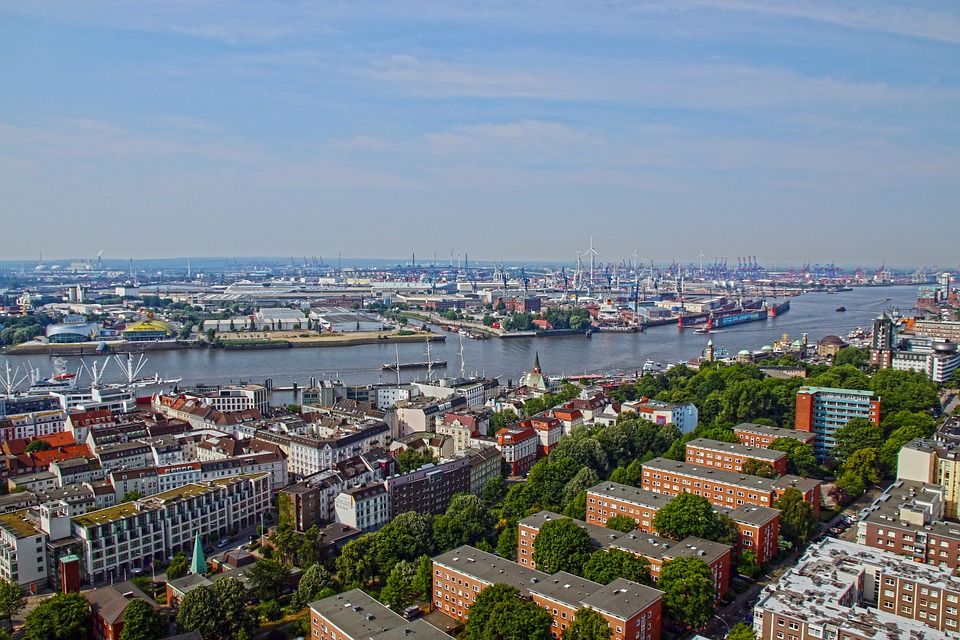Danish food products and environmental technologies are very popular in Germany, and particularly in the northern federal states of Hamburg, Bremen, Lower Saxony and Schleswig-Holstein.
The Danish government has therefore decided to open a consulate in Hamburg to assist Danish companies in finding more business opportunities in the region.
“Northern Germany is a particularly important region for Danish companies,” stated Eva Kjer Hansen, the minister for food and environment.
“Some 1,400 out of 2,600 Danish-owned companies in Germany are based in Schleswig-Holstein and Hamburg, and I am therefore very pleased a Danish consulate will open in Hamburg again.”
READ MORE:Exports to Germany continue to rise
Largest exports market
In 2015, some 18 percent of all Danish food and agricultural exports, worth around 26.5 billion kroner, went to Germany.
Germany is also Denmark’s largest export market for pumps, valves and other components for water technology, receiving 12 percent of the total exports of these products last year.
“Our nearest neighbour is also our main trading partner, and that’s important to remember when we have to prioritise our export effort,” Hansen said.
“The establishment of a general council in Hamburg is a clear upgrade of our efforts.”















